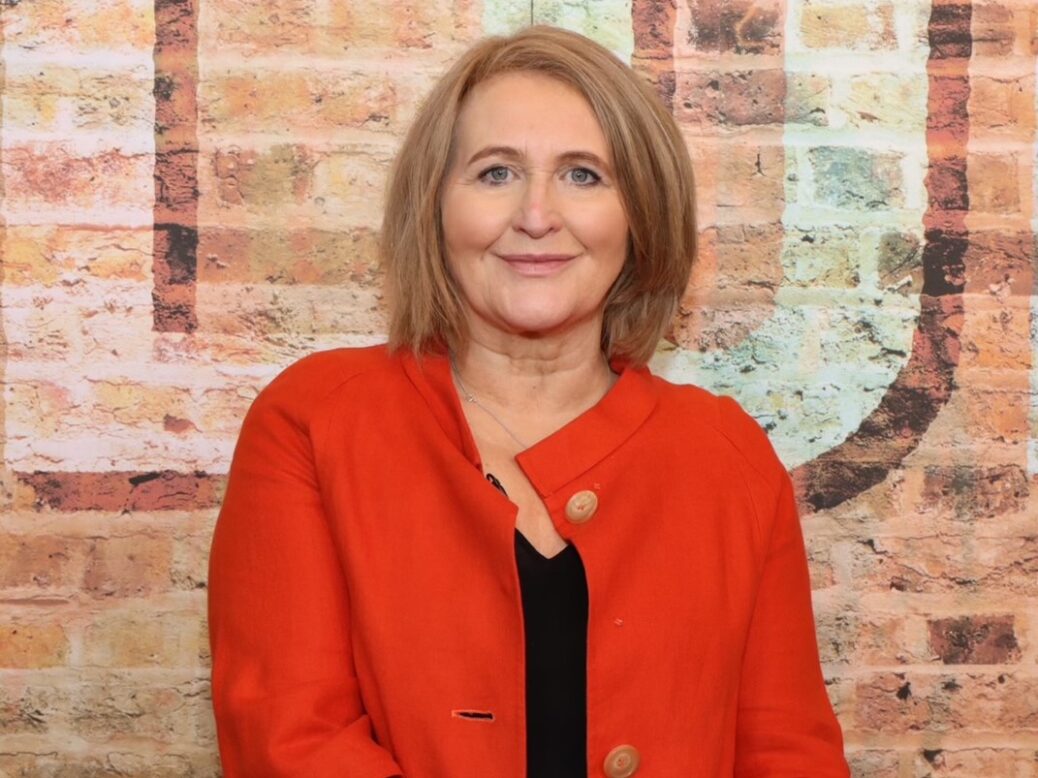
Anne Longfield is a campaigner who served as the children’s commissioner for England between 2015 and 2021. In her role, Longfield advocated on issues around children’s mental health and those living in inadequate care homes, and launched a long-term study and data index on vulnerable children who are invisible to the state. She is also the chair of the Commission on Young Lives – an independent commission looking to develop proposals “for a new national system to prevent crisis in vulnerable young people and support them to succeed in life”.
How do you start your working day?
Sometimes with a call with the Commission on Young Lives team to discuss priorities – but I always have a large, good coffee before going straight into emails and meetings. I’ve always been able to switch straight into work; switching out of it can sometimes be more of a challenge for me.
What has been your career high?
It was a great honour to be the children’s commissioner for England, with the responsibility to hold the government and decision-makers to account for their policies that affect children’s lives. More broadly though, it was the implementation of Sure Start – which was something I campaigned for for years before it happened, and shaped while I worked in No 10, and then delivered through the national charity I led. In my view, it remains the best model of support for children and families. It was a historical mistake to get rid of it and it now needs to be rebuilt.
What has been the most challenging moment of your career?
My final year as children’s commissioner coincided with the pandemic hitting. Although children weren’t at the greatest health risk, I knew there was a toxic mix of secondary risks that were harming many of them: damage to mental health, big problems with lost learning, poverty and the safety of some of the most vulnerable children. I made it my mission to pressure the government to get children back into school as quickly as possible. I think we’re still seeing many of the consequences of Covid for children now.
If you could give your younger self career advice, what would it be?
Don’t wait for people in positions of power to come to the same conclusions as you – otherwise, you could be waiting for a long time. When you campaign for change, think big: make the case well and boldly – and then work relentlessly to secure support.
[See also: Exclusive poll: childcare could swing voters at the next election]
Which political figure inspires you?
Politicians like Harriet Harman and Tessa Jowell, who fought to make childcare and family support a political priority, often at a time when it was seen as a niche issue. I think back to the Eighties and Nineties, and the hours I spent at conferences and in meetings making the case for affordable, accessible childcare, alongside statutory maternity and paternity leave. We have come so far since then, but we still have a long way to go.
What policy or fund is the UK government getting right?
The Violence Reduction Units and government’s Youth Promise programme are on the right tracks; working best when they are targeting the root causes of youth violence and inequalities. Current plans to improve children’s social care go in the right direction too, but there needs to be a tenfold expansion of investment and speed to have the impact needed.
And what policy should the UK government scrap?
Government – whoever is in office – should scrap the two-child benefits limit. It has failed in its attempts to move parents of larger families into work, instead deepening levels of poverty and the misery that comes with it.
What upcoming UK policy or law are you most looking forward to?
I’m an optimist by nature and I hope that we are about to enter an era where we recognise that we need to do a lot more as a society to support children and families to thrive. I’d like to see the introduction of a new child poverty unit across government, and a focus on policies that support inclusive schools, reduce exclusion and support all children to learn. These issues are at the heart of tackling childhood inequalities and boosting social mobility.
What piece of international government policy could the UK learn from?
There is still much to learn from Scandinavian countries which have put children’s well-being at the heart of the way they do things and define themselves as a country. Support for children in the early years, childcare and help for families are all part and parcel of what parents can expect. Children’s lives were much less negatively affected in many of these countries during the pandemic as a direct result.
If you could pass one law this year, what would it be?
Early intervention. Too many children are struggling at school: nearly a third are living in poverty, record numbers have poor mental health, and some teenagers are at risk of harm and exploitation – but help often isn’t available until a very expensive crisis or tragedy occurs. We need to intervene early to tackle problems before they escalate to support all children to succeed and to protect the public purse. We would all benefit.
[See also: Regulating hospital managers is not the silver bullet to a safer NHS]



